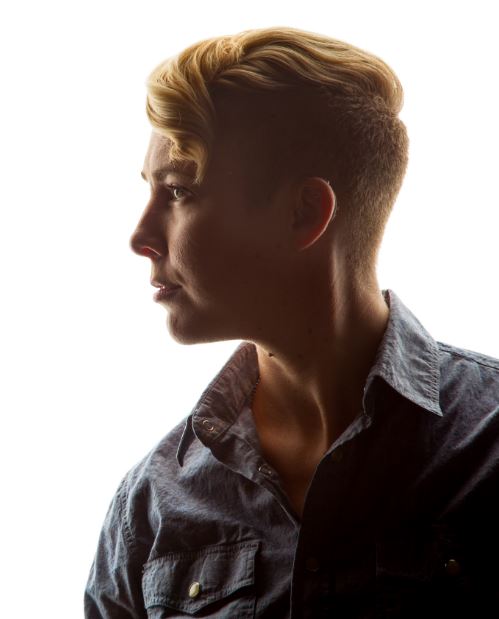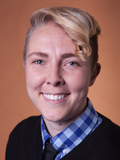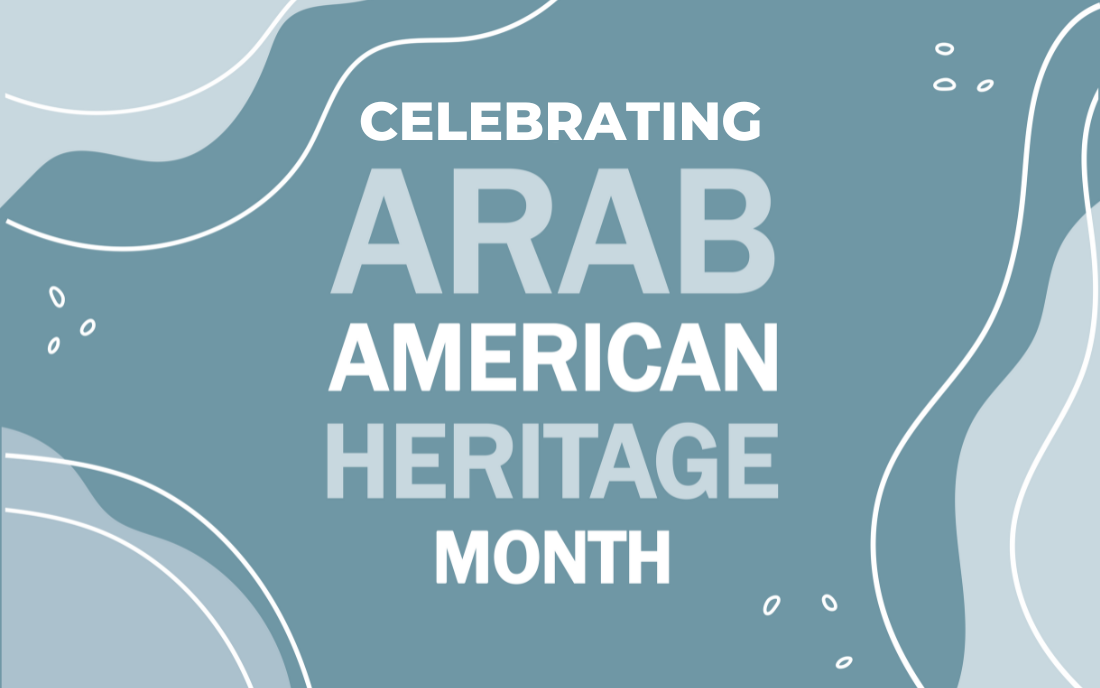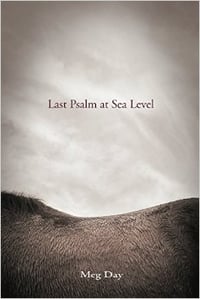Scholars Speak: Meg Day on National Poetry Month

Photo: Voices on Point Point Scholar Meg Day is an award winning poet...and she does know it!
It’s hard to believe National Poetry Month wasn't yet observed when T.S. Eliot wrote the dynamic first line to his famous poem, The Waste Land : “April is the cruellest month.” For poets like myself, April marks the time each year in which we spend the most time on the road reading in front of audiences, answering emails from eager high school students encountering poetry for the first time, giving interviews, running community workshops, and seeing poems posted across social media by the most surprising of readers. Established in 1996 by the Academy of American Poets, National Poetry Month (or NaPoMo as April is annually renamed) exists as a poemsplosion that aims to both celebrate and educate about our historical and contemporary commitments to the spoken word and lineated page. And for only thirty days, it packs a lot of punch (and leaves many of us thrilled but exhausted).
Each year, however, I’m asked, in one venue or another, to talk about why poetry still matters—as if we all agree poetry once mattered a great deal, but we can’t remember why. The question fronts as a fair one, and reasonable, too—like the face made by your Great Aunt Lucy or your seatmate on a plane when “poet” is the response to inquiries about employment—yet its root is buried deep alongside those that doubt the need for arts funding in schools or interrogate the benefit of public museums and symphonies. Quantify it, the question begs, prove its relevance.
Sometimes, I understand: given the state of the economy, especially for recent or future college grads, choosing poetry—with one’s time and money, much less with one’s life—can very quickly become a radical, political act. But more often, the demand to defend poetry sends through me a wave of hot exhaustion that smolders fiercely at the base of my spine in the exact spot reserved for folks who question why my gender or sexuality has to announce itself so intentionally. I don’t mean to conflate poetry’s skeptics with homophobic microaggressors; I mean only to point out that both parties seem suspicious of lived realities that disrupt the status quo. To doubt the importance of expressing our individualized experiences of existing is to call into question whether or not we should exist at all. Poetry offers us an increasingly unusual opportunity to not only voice our inimitability, but to archive it as well—and if gender is not the nuanced, flexible, ineffable living archive of being alive, then I don’t know what is.
Perhaps poet Mark Doty says it best:
[Poetry] is paradoxically precious and absolutely worthless. A poem has no value, cannot be possessed. You can memorize it, give it away, sing it, email it to everybody you know. Is it yours or anyone’s? It can only have been made by the one who made it, but you make it your own as you take it in. You can imitate the poems of others, but that isn’t really the point. The goal is to make the poems that no one could have made but you, whatever those turn out to be. [Poetry] is not threatened, not in the sense that people are about to stop writing it or reading it or thinking about it. It’s threatened in a larger sense, in that its root, which is the particular idiosyncratic stuff of selfhood, may itself wither or become as rare as a Florida Panther. To what extent can the forces that run the world homogenize us? We don’t know the answer to that yet.
But maybe poetry does. So much of what Doty says could be said also of identity: gender and sexuality—not to mention race, ability, and class—each simultaneously socially constructed and still paramount in our personal understanding of self in the world. Like gender or sexuality, poetry is not in need of a defense—it’s here whether you like it or not. Instead, poetry needs you—you and your exclusive contribution. If poetry’s work is to make people and experiences real to us through the agency of the voice—to tend to and inhabit our own lives and the world in which we live them so that they are not only validated in their existence, but so that we, too, are less prone to participate in destroying them—then James Baldwin was right in saying that the place in which he fit would not exist until he made it. Poets (and queers and others in groups frequently marginalized) are doing this work daily.
While poets across the country are challenging themselves to writing a poem for each day in the month of April, I challenge you to satisfy in some way the very human need to sing: to convey not just a life, but your life. And if you’re struggling with where to begin, you’re in luck: our literary heritage offers no shortage of LGBTQ poets to show the way.
This post was written by Voices on Point Point Scholar Meg Day
 Meg Day is a 2014 Voices on Point Point Scholar and a PhD candidate in Poetry & Disability Poetics at the University of Utah. The 2015-2016 recipient of the Amy Lowell Poetry Travelling Scholarship and a 2013 recipient of an NEA Fellowship in Poetry, Meg is currently touring her first full-length poetry collection, Last Psalm at Sea Level (Barrow Street 2014). www.megday.com
Meg Day is a 2014 Voices on Point Point Scholar and a PhD candidate in Poetry & Disability Poetics at the University of Utah. The 2015-2016 recipient of the Amy Lowell Poetry Travelling Scholarship and a 2013 recipient of an NEA Fellowship in Poetry, Meg is currently touring her first full-length poetry collection, Last Psalm at Sea Level (Barrow Street 2014). www.megday.com
Related Posts
April 24, 2014, teampoint

Celebrating Nat'l Poetry Month with Point Alumni
April is National Poetry Month and Thursday, April 24, 2014 is Poem in Your Pocket Day. On Poem in...
March 31, 2023, teampoint

Celebrating Arab American Heritage Month 2023
Why is April Arab American Heritage Month? This April, Point Foundation is celebrating Arab...
June 19, 2014, teampoint
Announcing the 2014 Point Foundation Scholars
Point Foundation (Point) announced this morning that it is awarding scholarships to 23 students....
